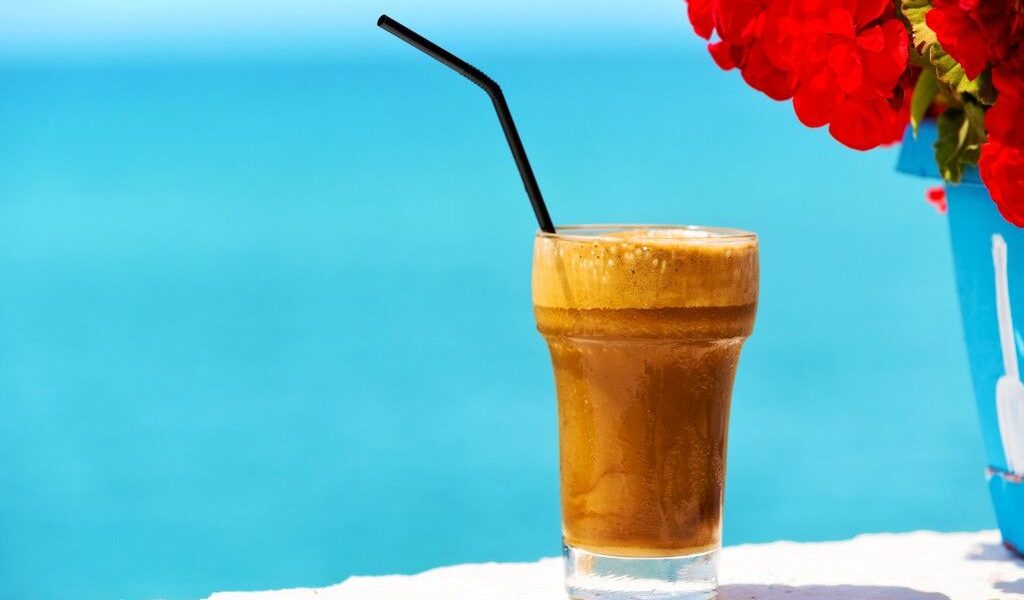New research found that inflation and price rises have restricted that quintessential Greek pastime of spending time with friends out of the home, drinking coffee.
Kapa Research found that over half of Greek coffee drinkers (54%) said they have limited the times they go out for coffee due to the general rise in prices, while 45% say that they have not done so. The research was conducted for the Greek Association of Coffee.
Nearly 7 in 10 people responded negatively to a special consumption tax on coffee: 80% rejected the idea, while 66% said "definitely not" and 14% "probably not", as this would affect a daily habit. However, Greek Coffee Association President Yiannos
Benopoulos told Athens-Macedonian News Agency (ANA-MPA) that "not only is there a special consumer tax levied on coffee, but it has been a consistent demand by the Greek Association of Coffee the last few years that it be abolished." He said that the financial burden of the tax on coffee business operations and, ultimately, on consumers exceeded 140 million euros a year.
Greek coffee drinkers
Benopoulos told ANA-MPA that coffee consumption is a powerful modern Greek tradition, as 95% of Greeks purchase coffee. Nearly 8 in 10 of those asked drink coffee daily (84%), while most do not still buy coffee for their household (66% of non-drinkers). 50% of those who drink consume over a cup of coffee daily, usually 2 or 3 cups daily.
Overall, 75% of those who drank coffee said they would not replace it with tea or chamomile, while 53% of those asked have never considered stopping coffee consumption at home or outside. Of those who might consider the idea, 17% would stop for health, 14% for financial, and 13% because coffee gives them insomnia.
In addition, for 38% of coffee drinkers, restricting their consumption at home, at work, or outside for financial or other reasons would mean an automatic restriction of meeting with friends.
The research showed that most coffee sales (78%) relate to ground coffee and another 18% to capsules, the latter being a growing trend, Benopoulos said. Most coffee purchases are made in supermarkets, while a cup of espresso tops preference at restaurants.
Kapa Research queried a sample of 1,003 people in 13 regions of Greece between January 17 and 24. It included men and women aged over 17 years. The poll was conducted by phone for 61% of the sample (611 people) and through an online questionnaire for 39% (392 people).

